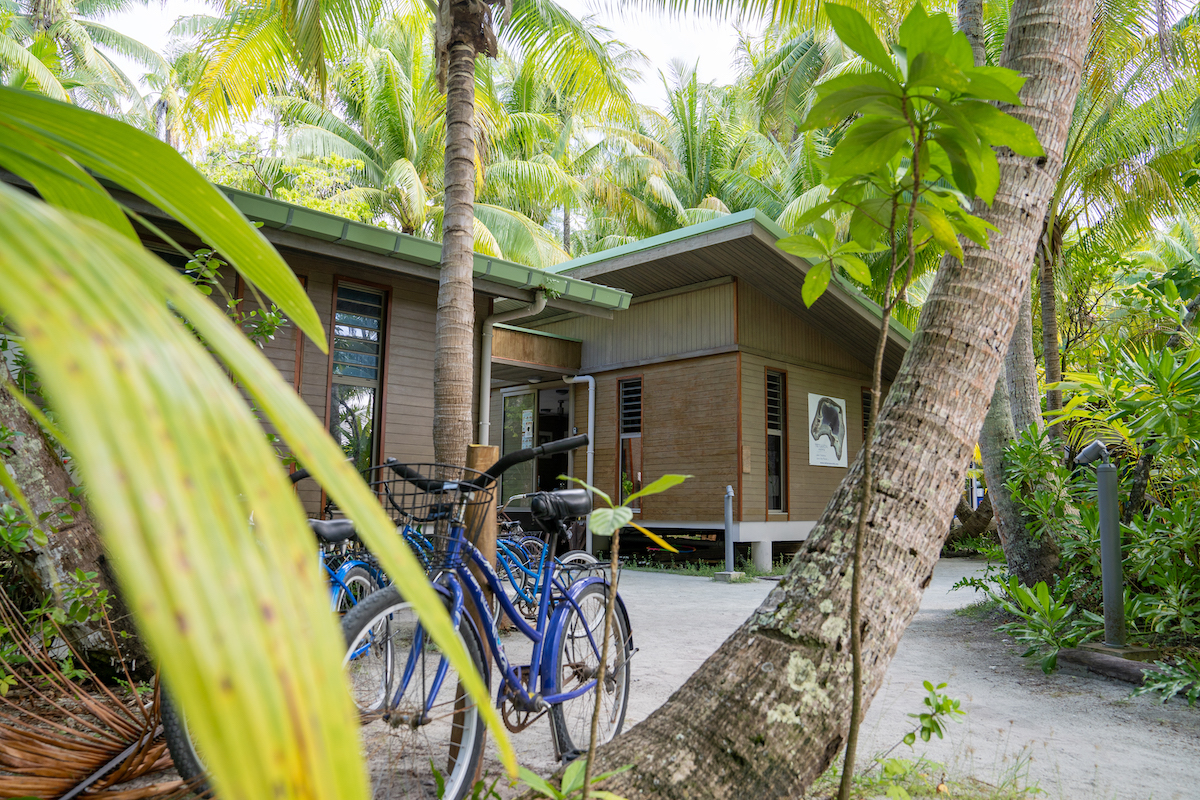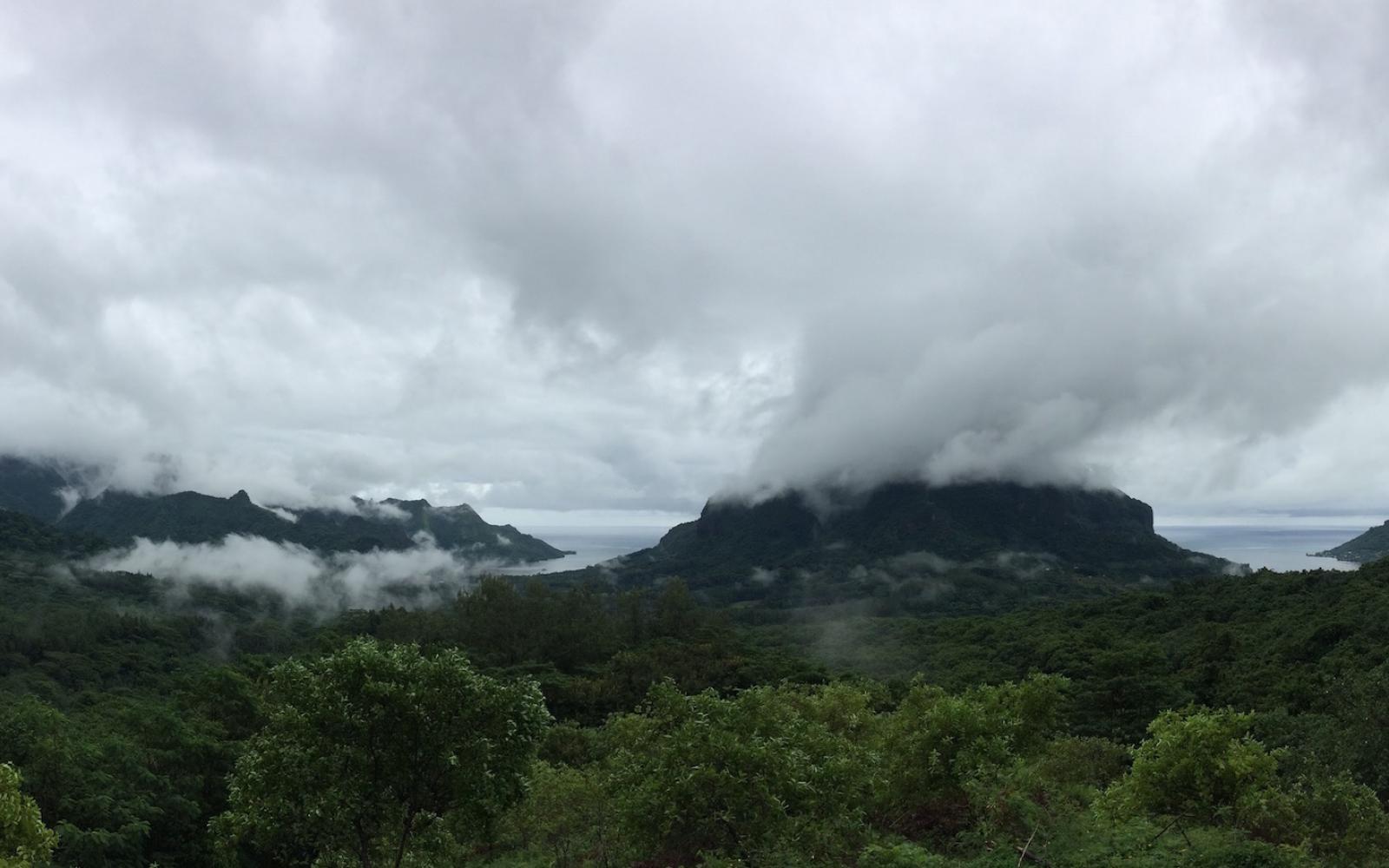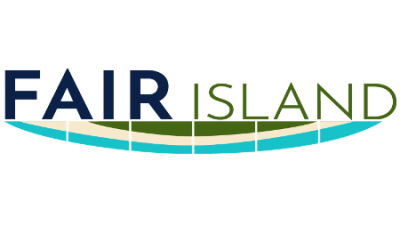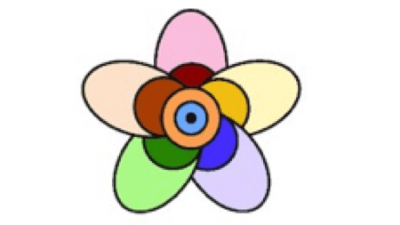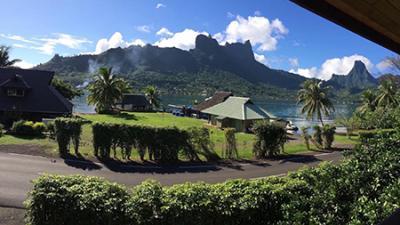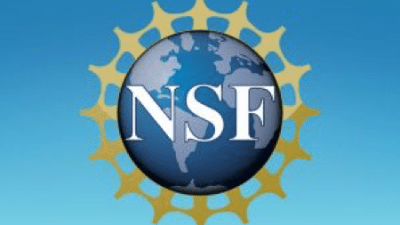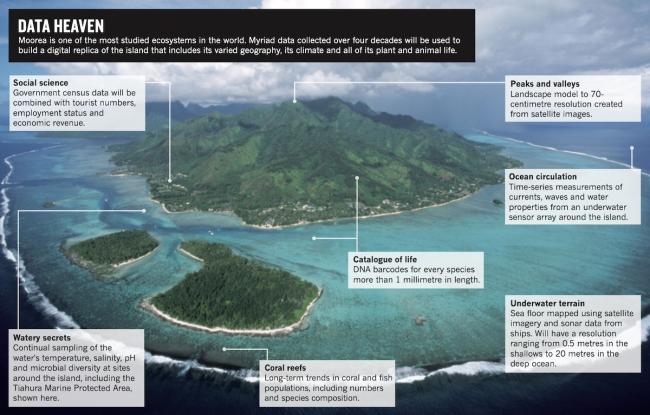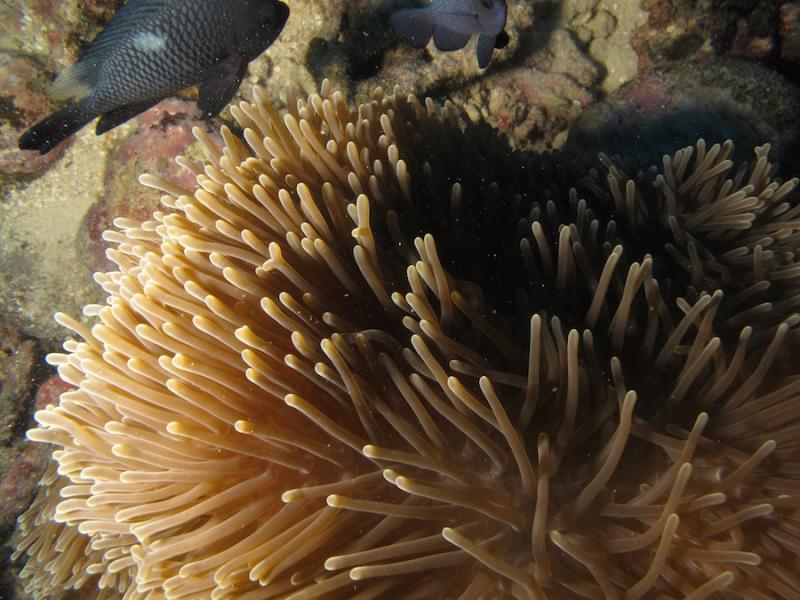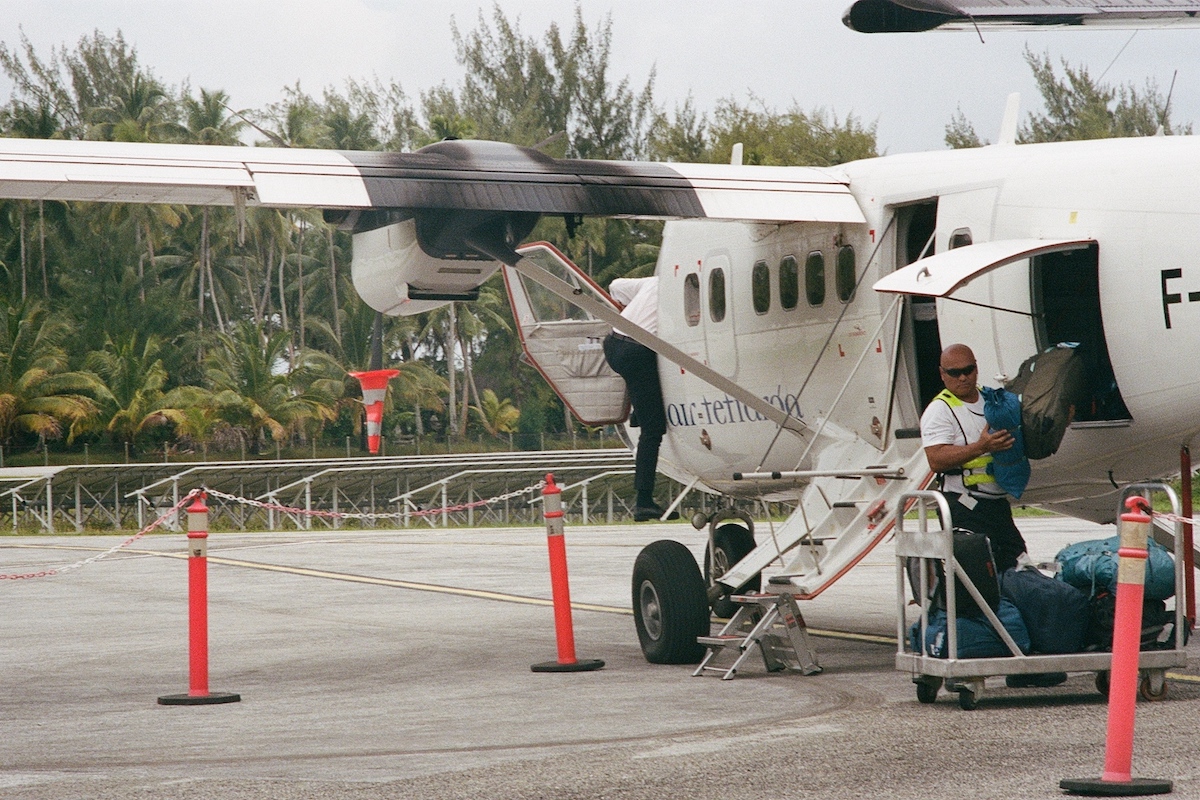
The IDEA Consortium takes a place-based, systems approach to understanding our common island home "Island Earth" (see chapter in the 2023 book Island Ecosystems). The initiative integrates data from genome up and planet down. Work began in 2013 to build island digital ecosystem avatars for two of the best-known model ecosystems - Moorea and Tetiaroa in French Polynesia (see IDEA founding charter). Activities also extend to other islands in the region through the 4Site: Pacific Transect Collaborative (uniting Oahu, Palmyra, Moorea, and Tetiaroa - see Ocean-Shot article), as well as coastal and island communities in Europe (e.g., in Greece and Sweden).
In parallel to our work on "avatars", there is growing interest in extending "Digital Twin" technologies from industrial products to living systems of many types, including for example, the ocean (see European Marine Board's 7th Forum: Big Data in Marine Science: Digital Twin Ocean: Island Digital Ecosystem Avatars (IDEA) for Sustainability p.27).
Recognizing these advances and the importance of social-ecological foresight and digital empowerment to address many of society's 'wicked' problems, the Geneva Science and Diplomacy Anticipator (GESDA) carried out an assessment of emerging capacity (see Scientific Anticipatory Brief, Davies et al. 2020), and developed the 2021 Science Breakthrough Radar (breakthrough predictions at 5, 10 and 25 years’ time horizons) including: "World Simulation" (Neil Davies, Scientific Moderator). Following participation in the 2021 GESDA Summit (see GESDA21 Proceedings), work continued with GESDA on how to Navigate the 21st Century with Digital Empowerment (see GESDA 2022 panel).
iPlaces: significant improvements in place-based research data management are needed to achieve IDEA Consortium goals. Taking field stations as 'anchor institutions' for the social-ecological systems in which they are embedded, approaches to operationalize best practices (FAIR, CARE, TRUST) were developed through the NSF-funded Fair Island Project in collaboration with the California Digital Library, the UC Natural Reserve System, and DataCite among others. Drawing on GEOME Field Information Management System, iSamples, and Sampling Nature projects (funded by NSF), and the Biocode Project (funded by the Gordon & Betty Moore Foundation 2006-2011; 2023-2028), iPlaces is a new organization building social-technological infrastructure for democratic ecological action. In particular, iPlaces aims to support the people, software, and practices underpinning place-based digital twins (e.g., island avatars). Initial efforts are focused on building Fair Ocean cyberinfrastructure for marine stations like the Gump Station, the Tetiaroa Atoll Research Station, and other members of the World Association of Marine Stations (WAMS), which brings together >800 marine stations worldwide.
A core pillar of all these efforts is the study of life from its foundational layer, DNA, over time. To understand DNA and its consequences, we need to study genes in their richest context and "take a gene's eye view of the world" as Dawn Field once put it (see Biocode: The New Age of Genomics). In 2011, the Moorea Biocode Project connected with the Genomic Standards Consortium (GSC) at the Welcome Trust Genome Campus in Cambridge, leading to the establishment of the Genomic Observatories Network in Oxford a year later. Today, efforts such as the EMBRC's European Marine Omics Observatory Network (EMO BON) part of the UN Decade Program Ocean Biomolecular Observing Network (OBON) are implementing this vision (see EMBRC interview with Neil Davies).
